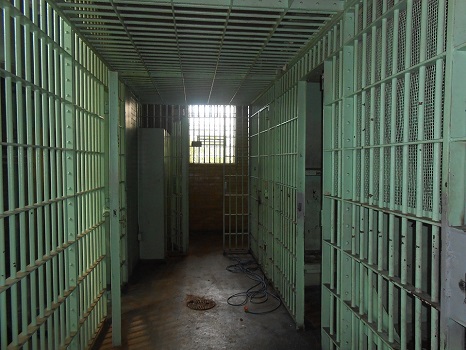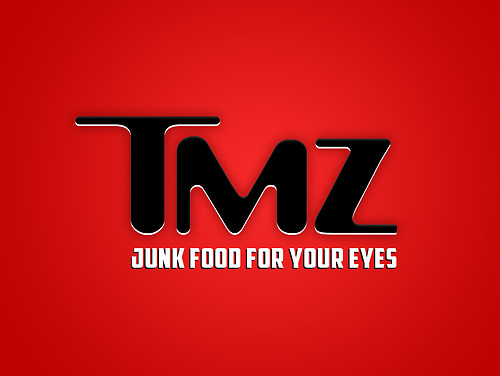In a perfect world, a signed contract provides you with all the protection you need for your event to go smoothly. But in reality, any number of unforeseen events can ruin your efforts. Believe me, I’ve seen setbacks that put an entire event on hold and cost a lot of money. It sucks. All you can do when that happens is remain professional and get back to work rebuilding the event that has fallen apart or creating a new event. To help you avoid the worst of it, I’m offering my experience on 5 booking disasters and how to run damage control.
1. The Artist Is A No-Show
You booked the artist for a show, and then they don’t show up to perform. Yes, this has actually happened to me and many others. It is probably a promoter’s worst nightmare. Everything is in order; you’ve got the contract signed; and you think you’re good to go. And then your event is ruined without so much as a phone call to give you a heads up.
Now don’t think this is a common occurrence. No-shows are more likely to happen with artists who handle bookings themselves, or if the promoter tries to go through a middle party. Middleman firms aren’t necessarily a bad thing, but it does add an additional set of people between you and the artist, which leaves more room for miscommunication and errors. And a no-show situation is a lot less likely to happen if the artist is signed to a bigger agency.
When you get hit with a no-show, you will be the one left cleaning up the mess. Sometimes you may be able to reschedule the event for another time, and in other situations you will have to fight to get your money back. But you should definitely keep contacting the artist’s representative until the contract issues are settled one way or another.
2. The Artist Takes Another Show
Similar to the no-show, I’ve been in situations when an artist will take another show because they have been offered more money. What will usually end up happening is the artist will say that they are sick, or something came up and that they are unable to do the show. The upside in this case is that you at least got some kind of warning.
Because they are actually contacting you about the situation, the artist will likely refund you all of the money for the event. The downside is you are left without an act. Having no act is a big issue if you already started promoting.
Situations like these are why I cannot emphasize enough that you need to have a detailed booking contract in place every time you book an artist. The contract should specify stipulations for these kinds of occurrences.
3. The Artist Runs Into Trouble
In the above two situations, the artist has directly made decisions that affect your event. But sometimes an artist makes a decision that has nothing to do with your show and still causes issues for you. For instance, I have booked a show where the artist went to jail just a few weeks before the event date. We had to cancel the entire performance.
The worst part about it is that the particular circumstances of his arrest made it uncertain if and when we would be able to reschedule in the near future. So we couldn’t just move the event to a new date. And we had already been spending on promotion, which meant money was lost that we couldn’t get back.
As if that wasn’t bad enough, we had to refund everybody for the event. Not only was it a huge hassle, it hurt the reputation of the promotion company. Think about it. Would you want to work with a company that lost all its sales for a previous event?
The decisions and actions of the artist are out of your hands, but you’ll be stuck with the fallout anyway. So it pays to form a disaster plan in advance and try to prevent as much damage as possible.
4. The Venue Provides The Wrong Equipment
Let me tell you something that can prevent a whole lot of headaches. When the artist requests something for a show, you need to get what they ask for, and that means right down to the exact brand of equipment they requested. Check your contract. They probably specified exactly what they want in there. Not only should you be providing the right equipment in order to make them happy, you already agreed to do so in your written agreement.
Are there exceptions? Yes, sometimes you can make substitutions, but you need to discuss this in advance with the tour manager or the person who is handling the equipment for the event. I have worked with people who thought that they could get away with using a similar brand to what the artist asked for. Trust me, someone working for your artist is going to notice. It’s important to follow directions on this.
Your artist likely has a reason for requesting the specific equipment that they do. But you don’t need to know what their reason is. It only matters that you provide what they need to put on the show. Trying to save a few dollars on equipment could cost you big, so don’t make drama for yourself that you don’t have to.
5. Your Artist Gets You Banned For the Venue
So, we’ve covered what happens when your artist stands you up. When they leave you for someone else. When their behavior hurts your reputation. And when they put on the drama because you cheaped out. But surely once you successfully get them to the venue, you’re golden, right? Not always.
Let me tell you a story of a promoter that I know. There was a performance with an artist who was known to have a rough crowd at his shows, which was booked as part of an event. The event did not have enough security, and it ended up turning into a huge riot and fight. The violent outbreak landed the event on TMZ, and the venue has banned hip-hop events for the foreseeable future.
Though there isn’t a way to completely avoid crowds getting out of hand, you do have options for minimizing possible chaos. And it is in your hands to know what measures need to be in place for a particular event and venue. The moral of the above tale is that it’s important to know the type of act that you are booking and their history. If they have a history of issues happening at their concerts, then you want to beef up security.
You may feel like some of these situations are not your responsibility. Why does all the blame have to pass to you as the event planner or booking agent? Look at it from a different angle. All of these disasters can directly affect your profits and the likelihood that you will be able to book more events in the future. You are not taking undue blame. You are simply looking out for your own best interest by preventing as many disasters as possible and handling them appropriately when they happen.








